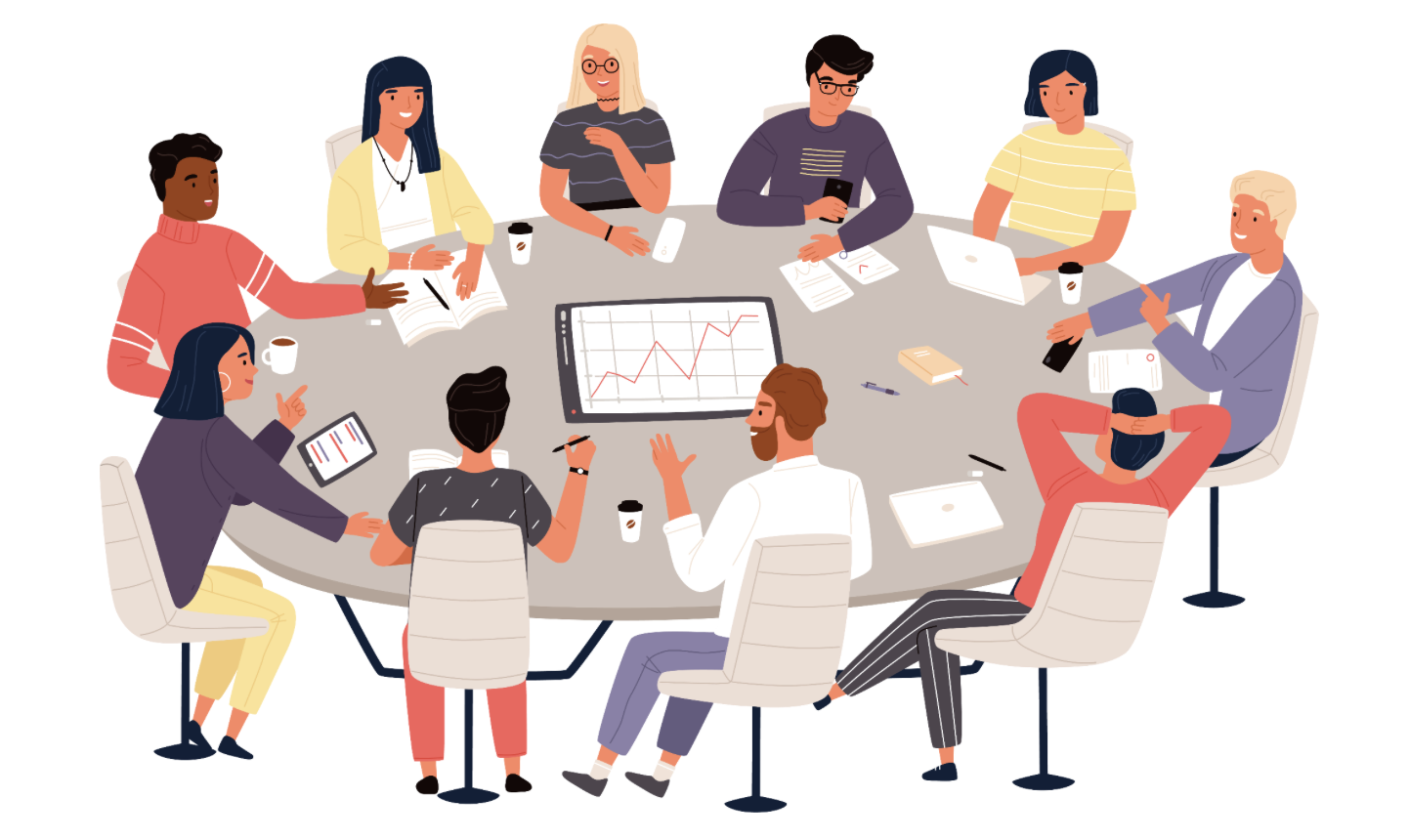Blog by Richard Feistman, Ph.D.
Whether you work in the non-profit sector, the education sector, or private industry there is a shared collective groan, mostly internal - but I can still hear it, when the data person walks into the room. There is a good reason for this. For a long time, teachers lived in fear of their schools being closed down if ‘the data’ did not improve. Non-profit leaders become desperate to show their support methods are ‘evidence-based’ in order to scramble enough funding together to keep the organization alive for another season. All groups want to show they are serving lots of people all of the time - and need that data person to help them do that. Most of these examples, however, are focused on outcome analysis and provide little actual support for organizations that want to improve their positive impact.
One of the things I respect at the Deo Mwano Consultancy is we take a holistic approach to our data strategies. This ensures our strategies are tailored for the client's regional needs and focus first on building understanding before trying to improve outcomes. This means focusing on research processes first and bringing everyone to the table to engage in that process. Those in evaluation circles will know this as a Culturally Responsive Equitable Evaluation Approach, however, what this basically means is the following:
Recognize the lived experiences of both the evaluation team and the stakeholders who are being evaluated.
Engage stakeholders from the beginning. This means shared survey construction and evaluation planning to ensure it fits the needs of the team.
Conduct the evaluation so all voices are heard, this often requires mixed method approaches.
Check in often with stakeholders to validate results and disseminate broadly. All of those who provided data should have access to the eventual reporting.
By engaging in this process, partners focus on a clear goal for the evaluation and ask questions that are the most relevant for their needs. DMC’s previous partners often comment on how this experience is one of the most valuable parts of the partnership. There are lots of groups that provide a standard evaluation plan and metrics, where DMC excels in refining the process for each partner. The tailored suit vs the suit of the rack you could say. For those that do not have an improvement process in place already, the experience lays the groundwork for an effective continuous improvement process within the organization.
That is not to say that it always goes smoothly. In fact, most partnerships will have to overcome resistance and build buy-in for the data process. Using the method above helps to build such buy in, but if your organization if going through a similar process already here are so Do’s and Don’ts to help support an improvement process in your organization:
Don’t
Be the methods critic. You might have a fairly sophisticated understanding of bias, correlation, and causation, but remember that culture and climate assessments are attempts to build systems and obtain snapshots of what is happening. Process is more important, so focus your critique on what can improve the methods, not what is wrong with them. Also remember that what you have is the best available data, so use it and try to get better data next time.
Be the ‘we have tried that already’ person. Help to craft the new solution. If you have seen things fail, use that experience to craft a better process. Did you take a survey, but nobody saw a report?! Mention that. Did you get a new work rule, but no accountability was attached to it?! Mention that too. Those are great insights, but attempting to predict effectiveness is not useful.
Do
Provide your concerns and thoughts - answer those open ended questions! They provide the context for data and often are where ideas for changes come from.
Watch your airtime! You probably have great insights, but after you have provided some thoughts, let others speak. You can always put your thoughts in the survey and speak one on one to the research team later.
Recognize your privilege in the room. Are you the boss? Are you the dominant cultural group? If so, when you speak and what you say matters and could quite possibly change what others will say - or even if they will talk at all. I have a mantra I repeat - Don’t speak first, don’t speak last, don’t interrupt. It still happens sometimes, but at least you can recognize it.
In sum, community organizations looking to improve their impact need a clear process for understanding their ongoing needs. Establishing this ongoing process is a key element to success and conducting a workplace assessment can be a great starting point - as long as the process brings everyone together.

